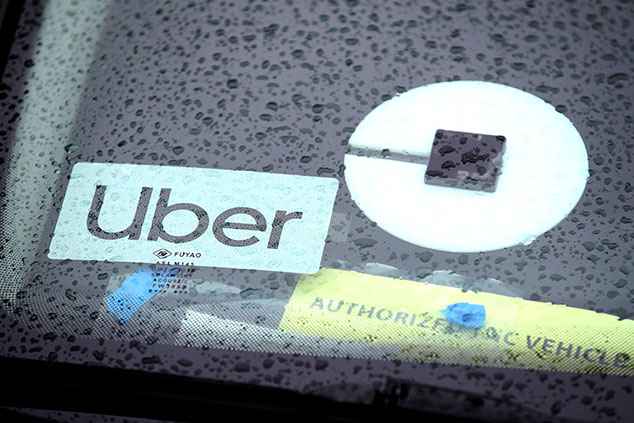
Sounds like a silly question, I know, but the truth is that it isn’t considered remotely risqué to buy into loss-making firms when they list. Snap, which lost $1.3bn last year, floated two years ago on a valuation of $24bn. Lyft, which lost $911m last year, listed in March at a valuation of $25bn. Pinterest was set to list this week with a possible price of around $11bn. After that there will be Slack ($7bn-ish) and possibly Airbnb. All are unprofitable. And that’s not even unusual any more.
Slightly more than 80% of the companies that listed in the US last year were making a loss, compared to a mere 43% in 2008 (it’s worth remembering that Google and Facebook were both making money when they listed). This all makes some sense: a few of these firms could well win big.
But the bear case is rather too easy to make for comfort. None of these firms have been tested in a proper business cycle; none are guaranteed to make profits; and their valuations account for neither of these things.
We should view these listings as a way for founders and early shareholders to use the last gasps of quantitative easing (QE) and super-low interest rates to cash out at the kind of prices they know they won’t see again – rather than as an opportunity for the rest of us to get rich quick. That bit has already happened – for the founders. Note that the last time 80% of initial public offerings were loss-making in the US was in 2000. And we all know what happened after that.
What should you look at instead? The first thing to say is that you must look at something. As we point out on page 5, we have just received our annual reminder, in the form of the Barclays Equity Gilt Study, that not investing is almost always worse than investing.
Start with our cover story this week. If, like me, you are constantly having to replace your glasses, you will know that someone is making a lot of money in the vision care sector. We might as well all share in that. Then see Max King’s take on Law Debenture. Many of you will hold this already. But if you don’t, you might note that it is low-cost, trading on a discount to its net asset value (NAV) and nicely exposed to the value in the UK stockmarket.
Finally, own some gold. We are increasingly being told that deficits don’t matter – that credible countries with their own currencies have no need to borrow money. Instead they can, and should, print (or type) it at will (this is known as Modern Monetary Theory, or MMT). That sounds good. But here’s the problem: nothing destroys credibility faster than uncontrolled money creation. The more you hear MMT being discussed, the more you should think about topping up your gold holdings.